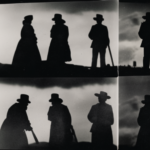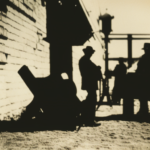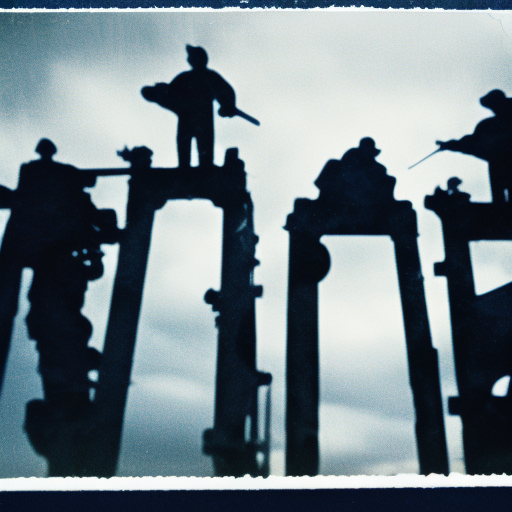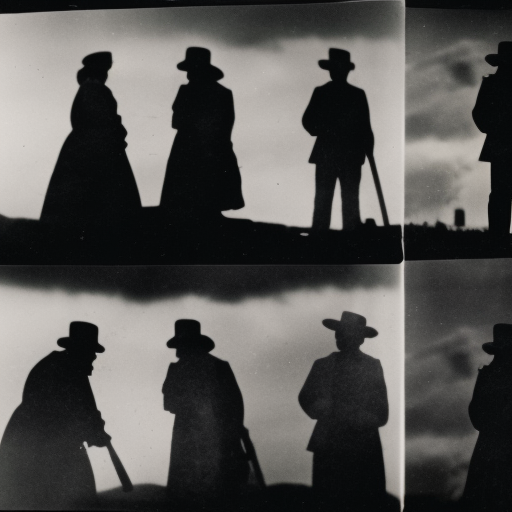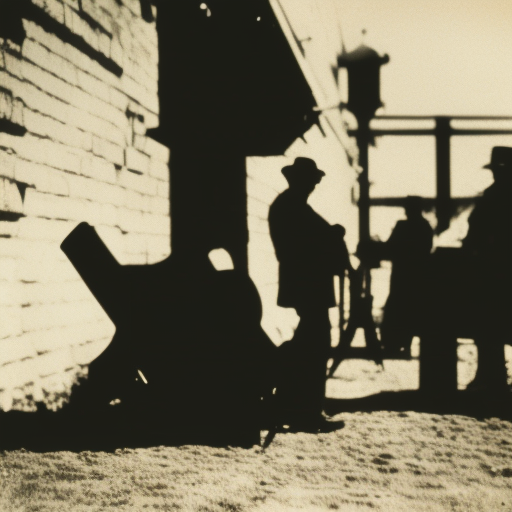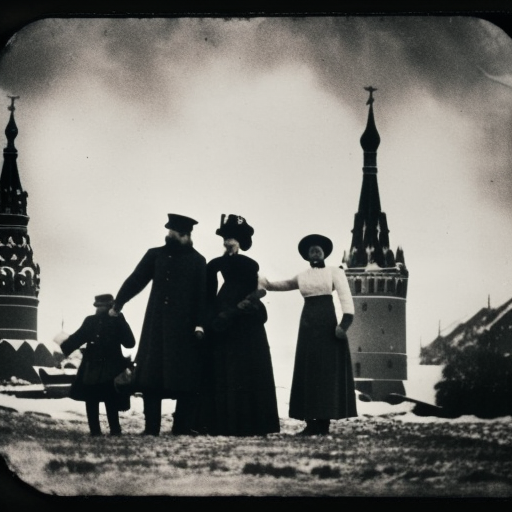The Decembrist Revolt (1825)
The Decembrist Revolt was a significant event in Russian history that took place on December 14, 1825. It was a failed attempt by a group of Russian military officers to overthrow the autocratic rule of Tsar Nicholas I and establish a constitutional monarchy in Russia. The revolt, which occurred in Saint Petersburg, marked the first organized opposition to the tsarist regime and had far-reaching consequences for the future of Russia.
Background
The Decembrist Revolt was fueled by a combination of political, social, and economic factors. The Napoleonic Wars had exposed many Russian soldiers to liberal ideas and concepts of constitutionalism during their time in Western Europe. Additionally, the tsarist regime under Nicholas I was characterized by strict censorship, limited civil liberties, and a lack of political representation, which created discontent among the educated elite.
The Revolt
On December 14, 1825, a group of around 3,000 soldiers, predominantly officers, gathered in Senate Square in Saint Petersburg to protest against the ascension of Nicholas I to the throne following the death of his father, Tsar Alexander I. The rebels, known as the Decembrists, were divided into two factions: the Northern Society, which advocated for a constitutional monarchy, and the Southern Society, which aimed for a more radical overthrow of the autocracy.
The revolt began with the rebels reading out a manifesto calling for the establishment of a constitutional government and the removal of Nicholas I from power. However, the revolt quickly turned violent when loyalist troops were sent to suppress the rebellion. Despite their initial enthusiasm, the Decembrists were poorly organized and lacked widespread support, and they were soon overwhelmed by the loyalist forces.
Consequences
The Decembrist Revolt had significant consequences for both the rebels and the Russian government. The revolt was swiftly crushed, and many of the rebels were arrested and later executed or exiled to Siberia. The harsh repression of the revolt demonstrated the tsar’s determination to maintain autocratic rule and served as a warning to any future opposition.
The revolt also had broader implications for Russian society and politics. It exposed the deep divisions within the Russian elite and highlighted the growing influence of liberal and revolutionary ideas. The Decembrists’ call for a constitutional monarchy and political reforms resonated with many Russians, laying the groundwork for future movements advocating for political change.
Furthermore, the Decembrist Revolt had a profound impact on Nicholas I’s reign. The tsar, who had initially been seen as a reformer, became increasingly conservative and repressive in response to the revolt. He implemented a series of measures to strengthen the autocracy, including increased censorship and surveillance, and a crackdown on dissent. These policies would shape the trajectory of Russian politics for the remainder of Nicholas I’s reign and beyond.
Legacy
The Decembrist Revolt is often seen as a turning point in Russian history. It marked the beginning of a long struggle for political reform and constitutionalism in Russia. The ideals and aspirations of the Decembrists would inspire future generations of Russian revolutionaries, including the populists and socialists of the 19th century and the Bolsheviks of the 20th century.
The Decembrist Revolt also highlighted the challenges of political change in Russia. The lack of popular support, disorganization among the rebels, and the swift suppression of the revolt demonstrated the difficulties of challenging the autocratic regime. However, the revolt also served as a catalyst for future opposition movements and laid the groundwork for the eventual overthrow of the tsarist regime in the Russian Revolution of 1917.
In conclusion, the Decembrist Revolt of 1825 was a failed attempt by Russian military officers to overthrow the autocratic rule of Tsar Nicholas I and establish a constitutional monarchy. The revolt was swiftly crushed, and the rebels faced harsh repression. However, the revolt had far-reaching consequences, exposing the deep divisions within Russian society and laying the groundwork for future movements advocating for political change. The Decembrist Revolt marked a turning point in Russian history and set the stage for the eventual overthrow of the tsarist regime.


